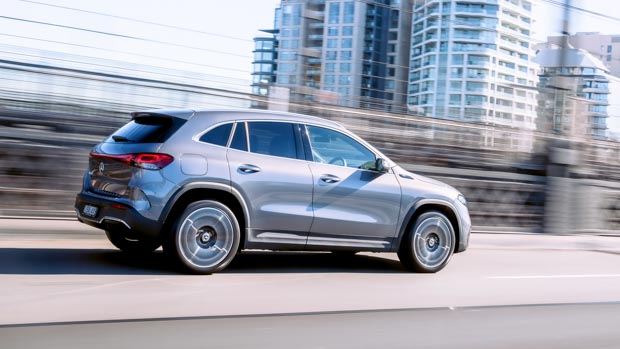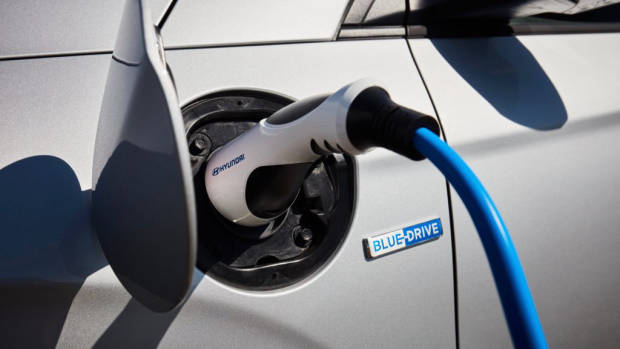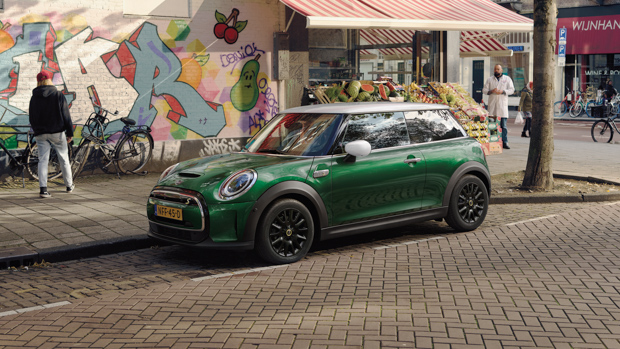-
Car Reviews
- All reviews
- Midsize SUVs
- Small cars
- Utes
- Small SUVs
- Large SUVs
- Large cars
- Sports SUVs
- Sports cars
- Vans
Latest reviews
- Car News
-
Car Comparisons
Latest comparisons
- Chasing Deals
While demand for electric vehicles continues to grow, if incentives arrive coupled with a new tax it could spell disaster for widespread adoption, experts say.
Research has found seven in ten South Australians are less likely to purchase an electric vehicle if the state government was to adopt a tax similar to that of Victoria.
In a survey conducted by The Australian Institute, researchers looked at attitudes towards EVs and if respondents would consider buying one in the future.
Approximately 72 per cent of respondents supported the idea of government incentives, including subsidies and stamp duty exceptions, to drive down the higher upfront cost of electric vehicles.
And while 42 per cent of people said they would consider purchasing an electric car as their next vehicle, the implementation of an EV-specific tax that would increase either the cost of purchase or ownership would see 69 per cent less likely to snap one up.
“Many South Australians are considering making the switch to an electric car, but the state government’s proposed EV Tax will pull the handbrake on that enthusiasm,” said Noah Schultz-Byard, SA Director at The Australia Institute.
It follows similar rhetoric from NSW Transport Minister Andrew Constance earlier this year, who said an EV tax would discourage EV take up and even make the state the “laughing stock of the world” if it was implemented.
The support for EV incentives was largely not swayed by political affiliation, with Liberal (75 per cent), Labor (75 per cent) and Greens (85 per cent) all showing high levels of support.
Respondents listed reasons such as a lack of tailpipe emissions resulting in a benefit of the environment and community health as major reasons for increased adoption of EVs.
South Australia was originally the first state to propose a specific tax on electric vehicles in place of the fuel exercise tax imposed on petrol and diesel fuels, which the new technology obviously does not require.
After heated backlash from the community and industry players, the SA government postponed the idea to observe the actions taken by other states, as the Victoria government crafted its own version and now charges EV owners 2.5 cents per kilometre driven.
The NSW government has since announced a range of financial incentives and stamp duty exceptions for EV buyers but promised a specific tax would not be imposed until EV adoption was widespread.
Latest news
About Chasing cars
Chasing Cars reviews are 100% independent.
Because we are powered by Budget Direct Insurance, we don’t receive advertising or sales revenue from car manufacturers.
We’re truly independent – giving you Australia’s best car reviews.


